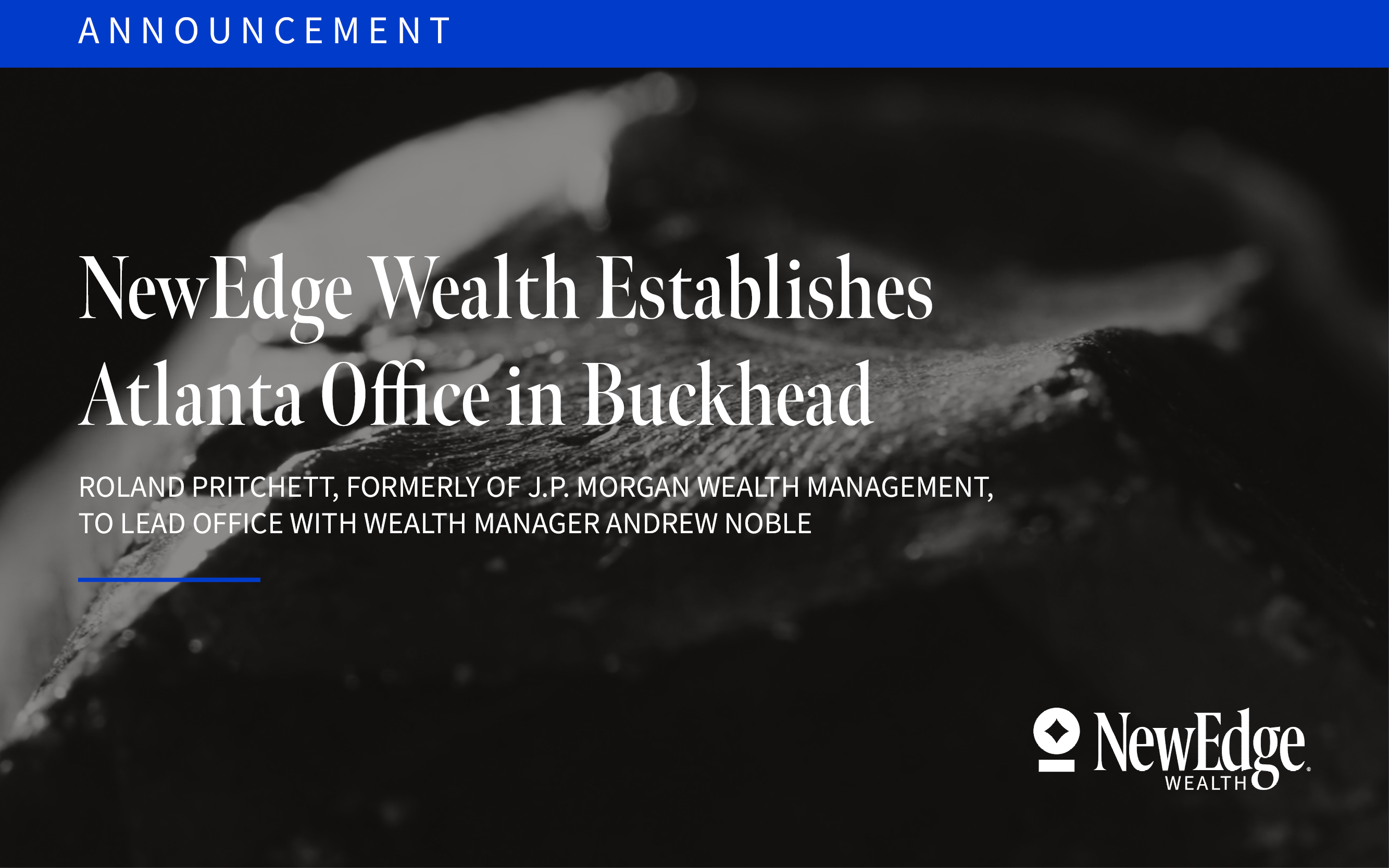Embarking on a charitable journey is not just a fulfilling experience, it’s a thoughtful and impactful one. Whether you’re considering a donation through crowdfunding or any other means, it’s essential to undertake some research before you contribute. Informed donors have the power to make a significant difference. By directing their contributions to the right organizations, they can ensure their support has a profound impact not only in the immediate aftermath of a crisis but also in the long and often challenging journey to recovery. Furthermore, they can play a crucial role in preparing for future crises.
To help you navigate this process, we’ve crafted a checklist below to help guide you through this process:
1. Balance Speed with Prudence.
In times of humanitarian crises, a prevailing sense of urgency often accompanies the desire to help. However, it is paramount to exercise due diligence before embarking on the path of philanthropy. Hasty donations, made without a deep understanding of the situation and its specific demands, can result in assistance that falls short of its intended impact. Below, we offer some key considerations to navigate this journey effectively.
A. Understand the Needs of the Crisis. Crises present unique challenges and necessities, which can span from immediate requirements like food, shelter, and medical aid to more long-term concerns. It’s crucial to clearly understand the specific needs of the affected individuals, both in the short and long term. However, it’s essential to underscore that, in most cases, a monetary donation is the most effective way to provide support (more on this will be discussed later). Nevertheless, starting with a comprehensive grasp of the actual requirements, whether they include essentials like food, water, clothing, shelter, or materials for reconstruction, forms the ideal foundation for your giving strategy.
B. Does the Charity Have a History of Meeting Those Needs? It’s imperative to identify charitable organizations with a proven history of responding effectively to crises and successfully addressing the essential needs within the affected regions. Time is often of the essence, so directing your support toward organizations with existing infrastructure and well-established processes for delivering aid is paramount. This approach ensures your funds are allocated directly to providing the needed support rather than being spent on creating infrastructure from scratch. Even with the best intentions, charities can face challenges when they operate beyond their core competencies, resulting in a potential shortfall in achieving the desired impact of your generous contributions.
C. Trust, But Verify. Beware of scams and ensure that the organization you choose is legitimate. Check their official website, read reviews, and confirm their nonprofit status with relevant government agencies. Research the organization’s financial transparency. Review their financial reports to see how donations are allocated and spent to ensure that a significant portion of your donation goes directly to the cause rather than administrative costs.
2. What & How to Contribute
A. Monetary Gifts Over Physical Gifts. The most cost-effective, efficient, and impactful way to assist those impacted by humanitarian crises and bolster disaster relief initiatives is often by offering financial contributions to the aid organizations actively operating in the affected areas. Local aid groups can use the funds quickly rather than waiting for goods to be transported long distances and through already compromised infrastructure due to the crises. They can purchase culturally, and nutritionally appropriate provisions close to the disaster site, including food and safe drinking water, which can almost always be purchased locally, even following a disaster. These goods arrive quickly and are fresh and familiar to survivors.
B. Cash Is Not King. Avoid making cash donations, especially to unknown individuals or through unofficial channels. Instead, use secure and traceable payment methods like credit cards, checks, or reputable online platforms.
C. Donate Securely. Use the organization’s official website or reputable crowdfunding platforms to make donations. Be cautious of unsolicited emails or social media appeals, as they may not always be trustworthy.
D. Longer-Term Commitments. Humanitarian crises often require long-term support. Consider making recurring donations or contributing to recovery efforts even after media attention has waned.
3. Tax & Estate Implications of Gifts
In the realm of humanitarian crises and financial support, initial thoughts rarely center on how these contributions can benefit your estate from a tax perspective. However, prudent planning mandates that you contemplate the potential implications of charitable contributions on your estate and your broader financial strategy. This includes considerations such as:
A. Income Tax Deductions. During your lifetime, making charitable donations can provide income tax deductions, reducing your taxable income. Of course, this is only relevant if the organization you are supporting is a registered 501(c)(3), which is why upfront due diligence to the organization is vital.
B. Estate Tax Benefits. Charitable contributions can reduce the taxable value of your estate, potentially lowering the amount of estate tax your heirs or beneficiaries will owe upon your passing. When you leave assets to a qualified charity through your estate, they are typically excluded from your taxable estate.
C. Appreciated Securities (Stocks, Bonds, Mutual Funds). Donating appreciated securities can provide a double benefit. You can avoid paying capital gains tax on the appreciated value, and you can receive a charitable deduction for the fair market value of the securities at the time of the donation. This is often a tax-efficient way to give.
D. Retirement Accounts. If you’re over the age of 70½, you can make a Qualified Charitable Distribution (QCD) directly from your Individual Retirement Account (IRA) to a charitable organization. QCDs are not included in your taxable income and can count toward your required minimum distribution (RMD).
IMPORTANT DISCLOSURES
The views and opinions included in these materials belong to their author and do not necessarily reflect the views and opinions of NewEdge Capital Group, LLC.
This information is general in nature and has been prepared solely for informational and educational purposes and does not constitute an offer or a recommendation to buy or sell any particular security or to adopt any specific investment strategy.
NewEdge and its affiliates do not render advice on legal, tax and/or tax accounting matters. You should consult your personal tax and/or legal advisor to learn about any potential tax or other implications that may result from acting on a particular recommendation.
The trademarks and service marks contained herein are the property of their respective owners. Unless otherwise specifically indicated, all information with respect to any third party not affiliated with NewEdge has been provided by, and is the sole responsibility of, such third party and has not been independently verified by NewEdge, its affiliates or any other independent third party. No representation is given with respect to its accuracy or completeness, and such information and opinions may change without notice.
Investing involves risk, including possible loss of principal. Past performance is no guarantee of future results.
Any forward-looking statements or forecasts are based on assumptions and actual results are expected to vary from any such statements or forecasts. No assurance can be given that investment objectives or target returns will be achieved. Future returns may be higher or lower than the estimates presented herein.
An investment cannot be made directly in an index. Indices are unmanaged and have no fees or expenses. You can obtain information about many indices online at a variety of sources including: https://www.sec.gov/fast-answers/answersindiceshtm.html or http://www.nasdaq.com/reference/index-descriptions.aspx.
All data is subject to change without notice.
© 2024 NewEdge Capital Group, LLC




